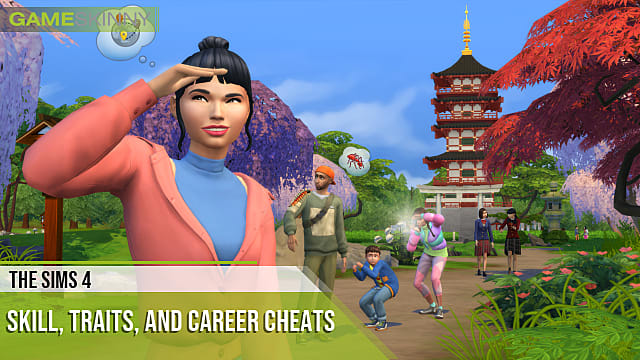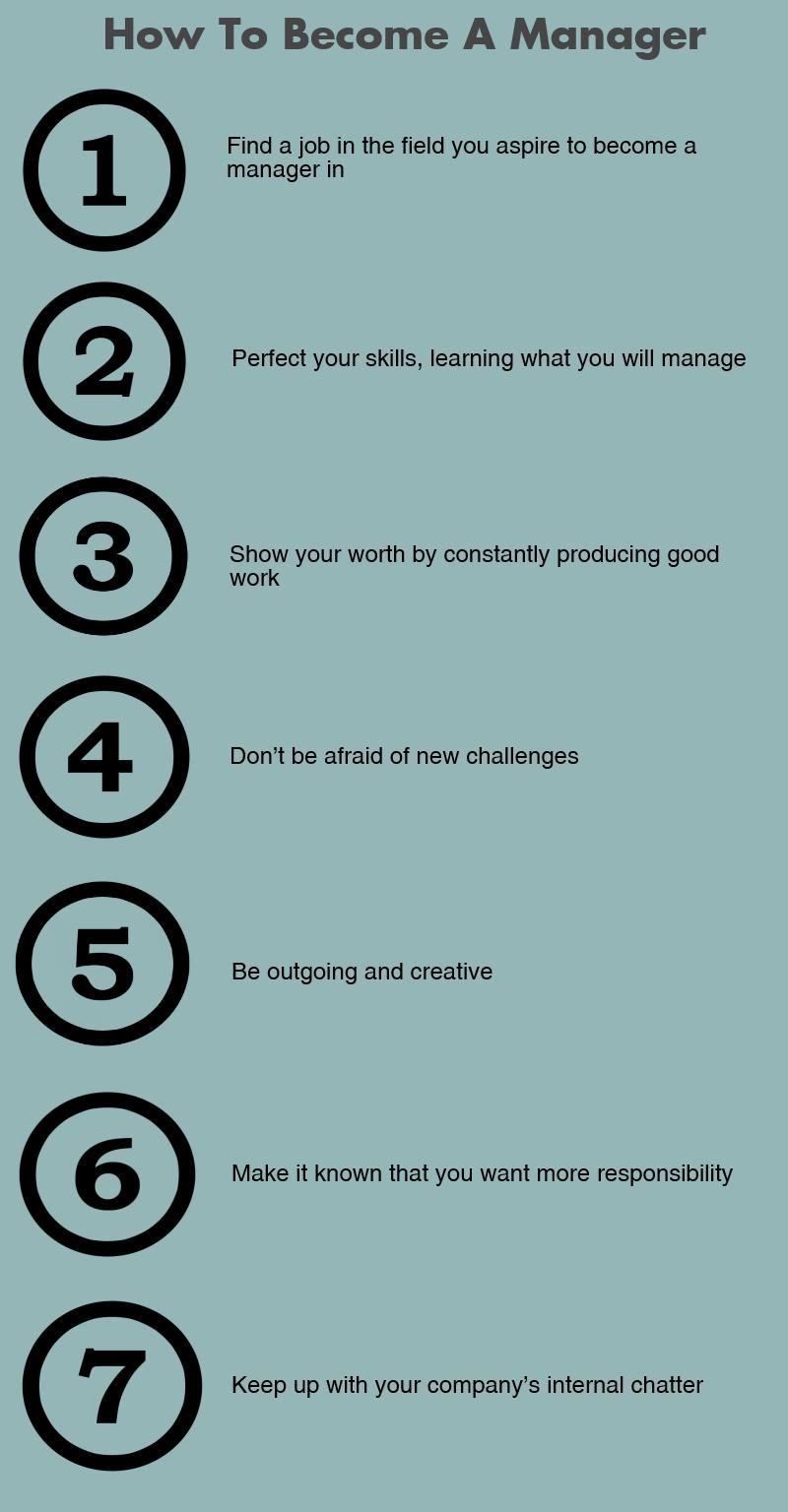
A plan is the first step in a career transition that works at thirty. If you're passionate about what your career offers, you will get more. In addition to that, if you enjoy your job, you will be more likely to get raises that will increase your earnings. Although it can be daunting to leave your job at thirty, it is possible. You can create an attack plan to help you find a job you love.
Career tests
You can take several online career tests. The Career Explorer assessment, which takes approximately 20 minutes, provides a list highlighting the best careers that fit your skills and interests. It makes use of advanced machine learning and psychometrics in order to suggest career options based on your answers. Taking the Career Explorer test is free, but a premium report costs $35. The basic test will ask you questions about your values, past experiences, and goals. The basic test then recommends career options based upon these factors.
Free career tests from the U.S. Bureau of Labor Statistics identify your core skills, personality traits and potential earnings. It also lists possible occupations based on your aspirations, competencies, and activities. While many career tests are based only on general traits like personality and work ethic, the Enneagram highlights core strengths and management styles. However, it doesn’t pinpoint the best career options for everyone. To determine your career interests, and personality, you will need to answer 60 questions on the O*NET Interest Profiler.

Personality
The personality test helps people determine the type of work they are most interested in. People can use a personality test to determine their strengths or weaknesses. A personality test is a great way to find out if a job doesn't suit you. This will help you discover your strengths and natural talents. These personality tests can be very useful and have many benefits. These personality tests can help you get a better job.
First, personality tests can help you identify your core strengths. A personality test will help you discover the passions and behaviors that you are most drawn to. The results can then be printed out to highlight these qualities. Understanding your strengths will help you to find the right career path. This article will offer you career test ideas based upon your personality type.
You can have a work-life balance
Many young professionals consider a career change in their thirties for a variety of reasons. For example, millennials are more likely to change jobs than older generations. Gallup's poll revealed that millennials want to be more engaged in their jobs and are looking for growth over job satisfaction. These millennials want careers that provide a balance between work and life, as well as opportunities for growth.
Although it is possible to switch careers, there are some things that make it difficult. If you are not in a good work environment, a career change may be the only solution. If your current workplace fosters violence and lacks trust, it might be necessary to change jobs. You could be unhappy with the job you have or are looking to improve work-life harmony.

Cost of career change
You may have been thinking about the cost of a career shift if you are considering it. It is not uncommon to take a year off in order to finish your education. However, it is important to consider the cost of moving or changing careers. While these costs can be costly, you don’t need to have large savings or be in deep debt to make the change. This will get you started.
In your 30s, it is possible to change careers without having to worry about the financial implications. You can save several years on your salary and work out the cost of education. Make sure you include your closest friends and family in your decision. You may have to sell or reduce your spending. Even though a career change can be hard, once you are proficient in the new field it will pay off.